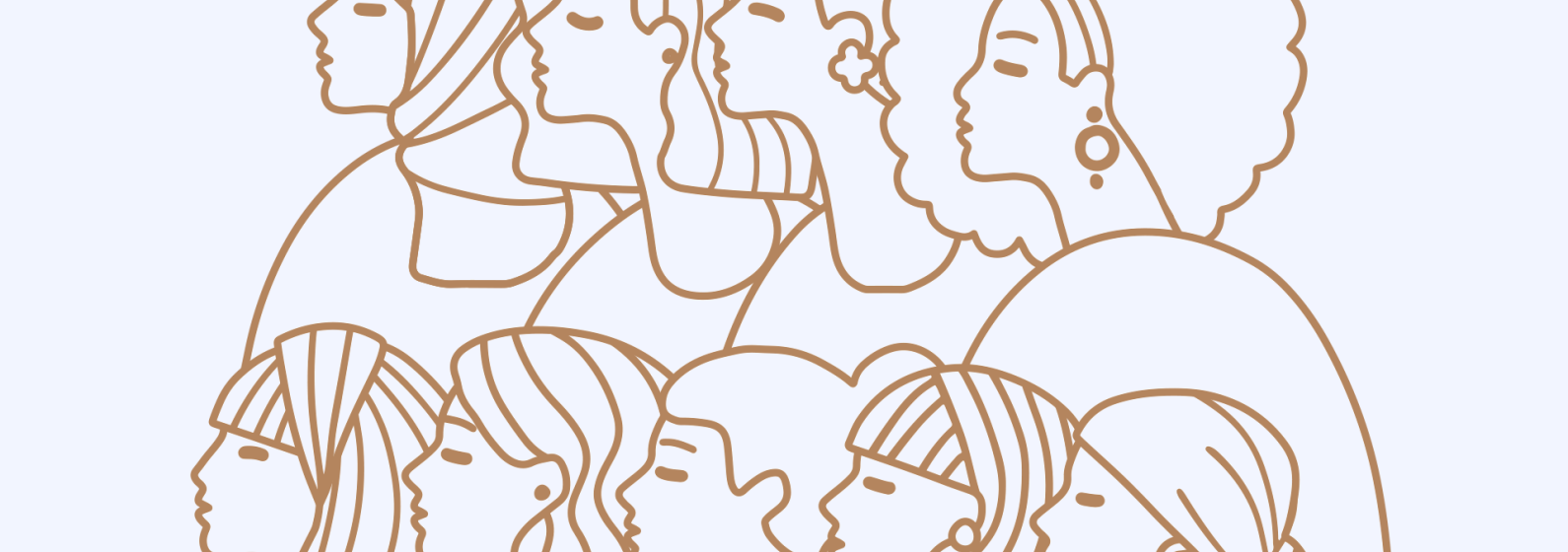There must be some additional reasons apart from the pandemic for the “new normal” (or “new normality”) meme to have gained such a huge popularity worldwide. According to the “Uniwersalny Słownik Języka Polskiego” dictionary, normality is an “uncharacteristic, most common; average, ordinary, usual” state (translated into English based on: PWN 2003, p. 1118; similarly: Cambridge Advanced Learner’s Dictionary, 2008, p. 966). We don’t want to return to a state that led to the outbreak of the COVID-19 pandemic, do we? Adding the adjective “new” doesn’t explain anything, doesn’t make it clearer. There have been many new beginnings in all countries across the world – including in Poland. Many new beginnings inspired by understandable hopes but also, quite often, naive ideas.
I see the pandemic as a “turning point” in the mass of earlier crises: the ecological crisis (global warming and the inescapable environmental migration), the migration crisis, the US – China relationship getting worse, the problems suffered by the European Union, etc. A sequence of phenomena in the face of which we’re powerless more often than not. The pandemic is one of the four horsemen of the apocalypse, the effects of whose actions are – on the one hand – unpredictable, and – on the other hand – usually negative if predictable. Apart from wars, revolutions, and states collapsing.
In his controversial book entitled “The Great Leveler. Violence and the History of Inequality from the Stone Age to the Twenty-First Century” (Princeton 2018), Walter Scheidel (Stanford University) offers empirical evidence proving that these four horsemen have been able to reverse the known historical trends of increase in inequality, from the beginnings of sedentism, private property, or rules of inheritance, meaning power, wealth, and prestige – to quote Max Weber’s formula.
Is there a remedy? This is the biggest institutional challenge in history. The most reliable institution since the 17th century – nation state – is now being faced with the need to take care of all of humankind. Nation states have some great achievements on their scorecard, but there are darker pages too (two world wars, totalitarian states, the Holocaust), and the pandemic also brings national egoism to light. This concerns e.g. the production of the vaccine (with the EU being a commendable exception). The problems of Mother Earth are global, and this requires not only a dialogue but also serious negotiations, followed by abiding by the principles of mutuality in the joint efforts made. What is crucial here is the principles of mutuality because when the significance of “face-to-face” relationships is replaced by institutions, objects, and now by immaterial – virtual – relationships (Paul James, Globalism, Nationalism, Tribalism, Sage 2006), we can never be sure how the new tribes will act and behave in a world of competing states, regions, civilisations, cultures.
The text is part of the publication "The New Normal. Reality in the times of the global Covid-19 pandemic. A commentary by the faculty of Kozminski University".







